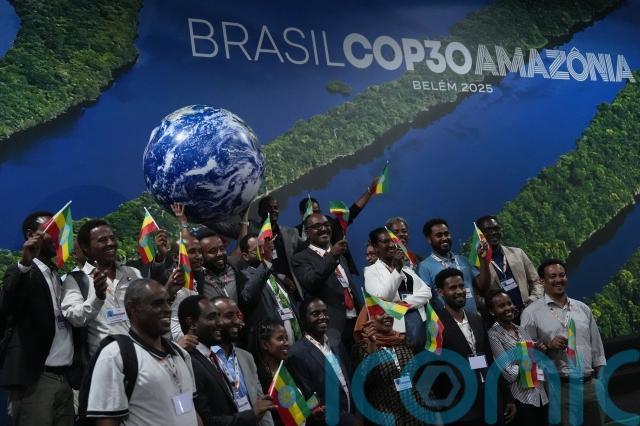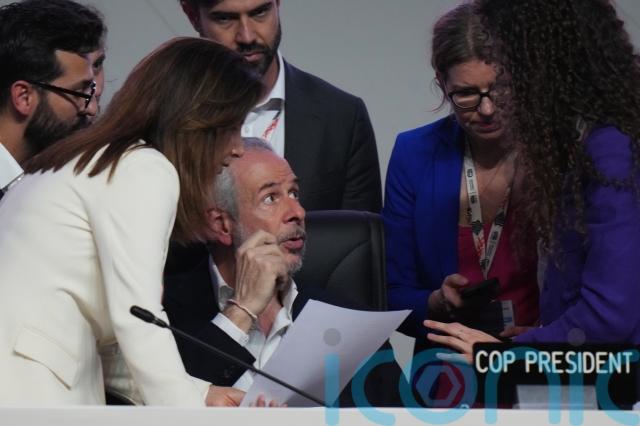
This year’s United Nations climate talks have ended with a compromise that some have criticised as weak while others called it progress.
After two weeks of negotiations, the deal finalised at Cop30 pledges more money to help countries adapt to climate change, but lacks explicit plans to transition away from the fossil fuels such as oil, coal and gas that heat the planet.
The conference did not do as much as scientists thought the world needed, it was not as meaningful as activists and Indigenous people demanded, and few countries got everything they wanted.
But that disappointment is mixed with a few wins and the hope for countries to make more progress next year.
The deal, which was approved after negotiators blew past a Friday deadline, was crafted after hours of late night and early morning meetings.

After the deal was approved, Cop30 president Andre Correa do Lago said the tough discussions started in Belem will continue under Brazil’s leadership until the next annual conference “even if they are not reflected in this text we just approved”.
UN Secretary-General Antonio Guterres said the deal shows “nations can still come together to confront the defining challenges no country can solve alone”.
But he added: “I cannot pretend that Cop30 has delivered everything that is needed. The gap between where we are and what science demands remains dangerously wide.”
Many others gave the deal lukewarm praise as the best that could be achieved in trying times, while others complained about the package or the process that led to its approval.
“Given the circumstances of geopolitics today, we’re actually quite pleased with the bounds of the package that came out,” said Palau Ambassador Ilana Seid, who chaired the coalition of small island nations. “The alternative is that we don’t get a decision and that would have been a worse alternative.”

Former Ireland president Mary Robinson, a fierce climate advocate for the ex-leaders group The Elders, said: “This deal isn’t perfect and is far from what science requires.
“But at a time when multilateralism is being tested, it is significant that countries continue to move forward together.”
Absent from the talks was the administration of US President Donald Trump.
UN climate chief Simon Stiell, referring to the US’s withdrawal from the landmark 2015 Paris Agreement, said: “This year there has been a lot of attention on one country stepping back. But amid the gale-force political headwinds, 194 countries stood firm in solidarity – rock-solid in support of climate co-operation.”
Some countries said they got enough out of the deal.
Jiwoh Abdulai, Sierra Leone’s environment minister, said: “Cop30 has not delivered everything Africa asked for, but it has moved the needle.”
What really matters, he said, is “how quickly these words turn into real projects that protect lives and livelihoods”.
Subscribe or register today to discover more from DonegalLive.ie
Buy the e-paper of the Donegal Democrat, Donegal People's Press, Donegal Post and Inish Times here for instant access to Donegal's premier news titles.
Keep up with the latest news from Donegal with our daily newsletter featuring the most important stories of the day delivered to your inbox every evening at 5pm.